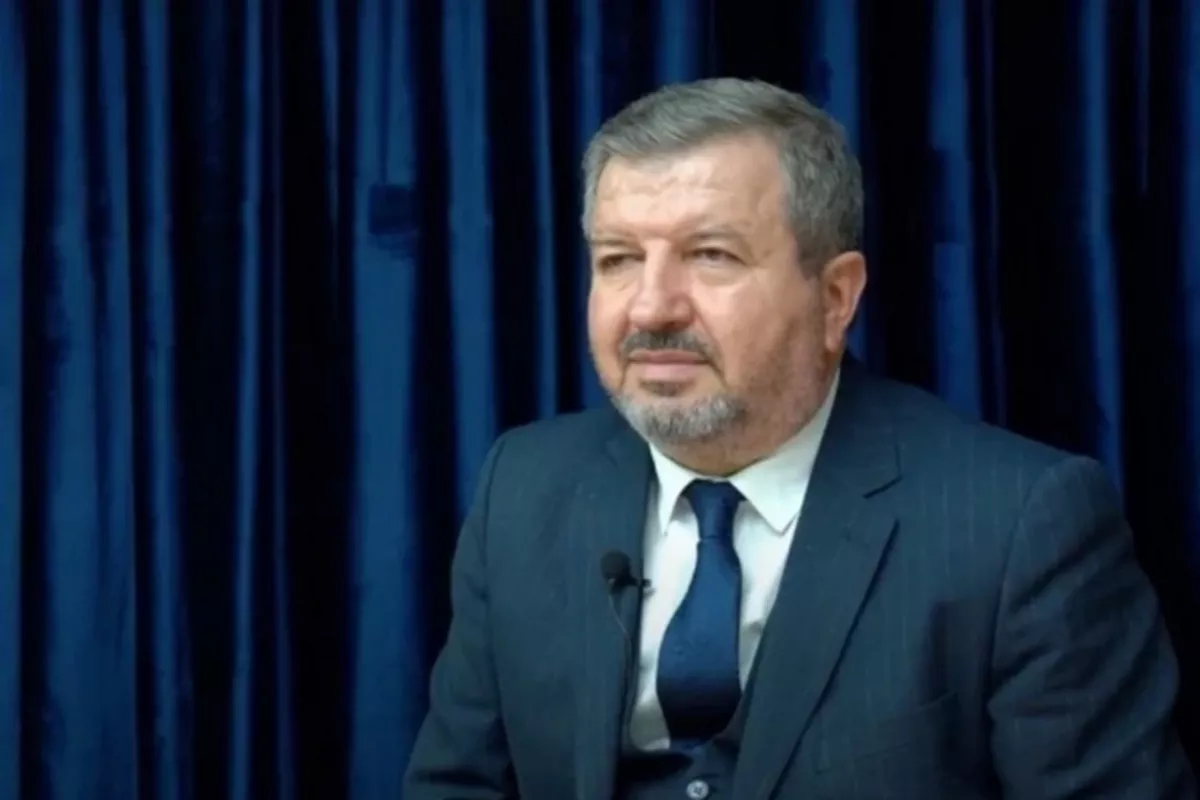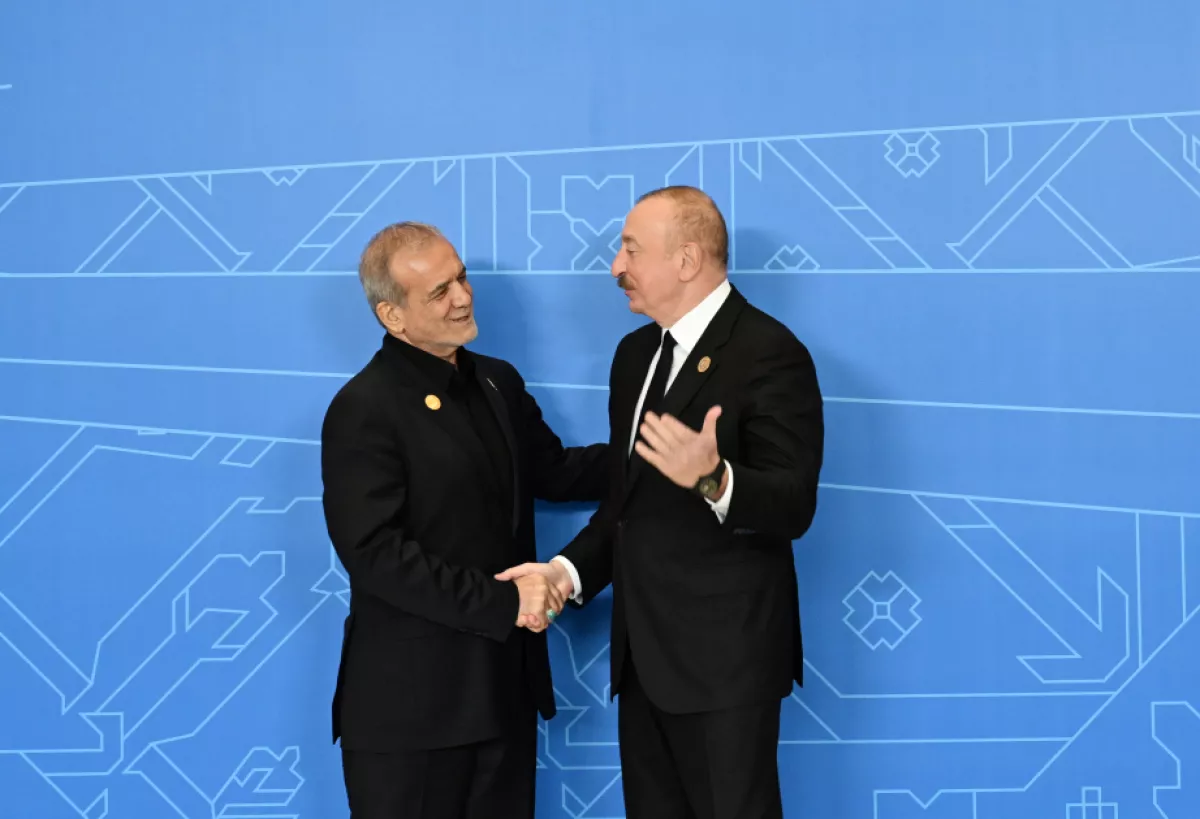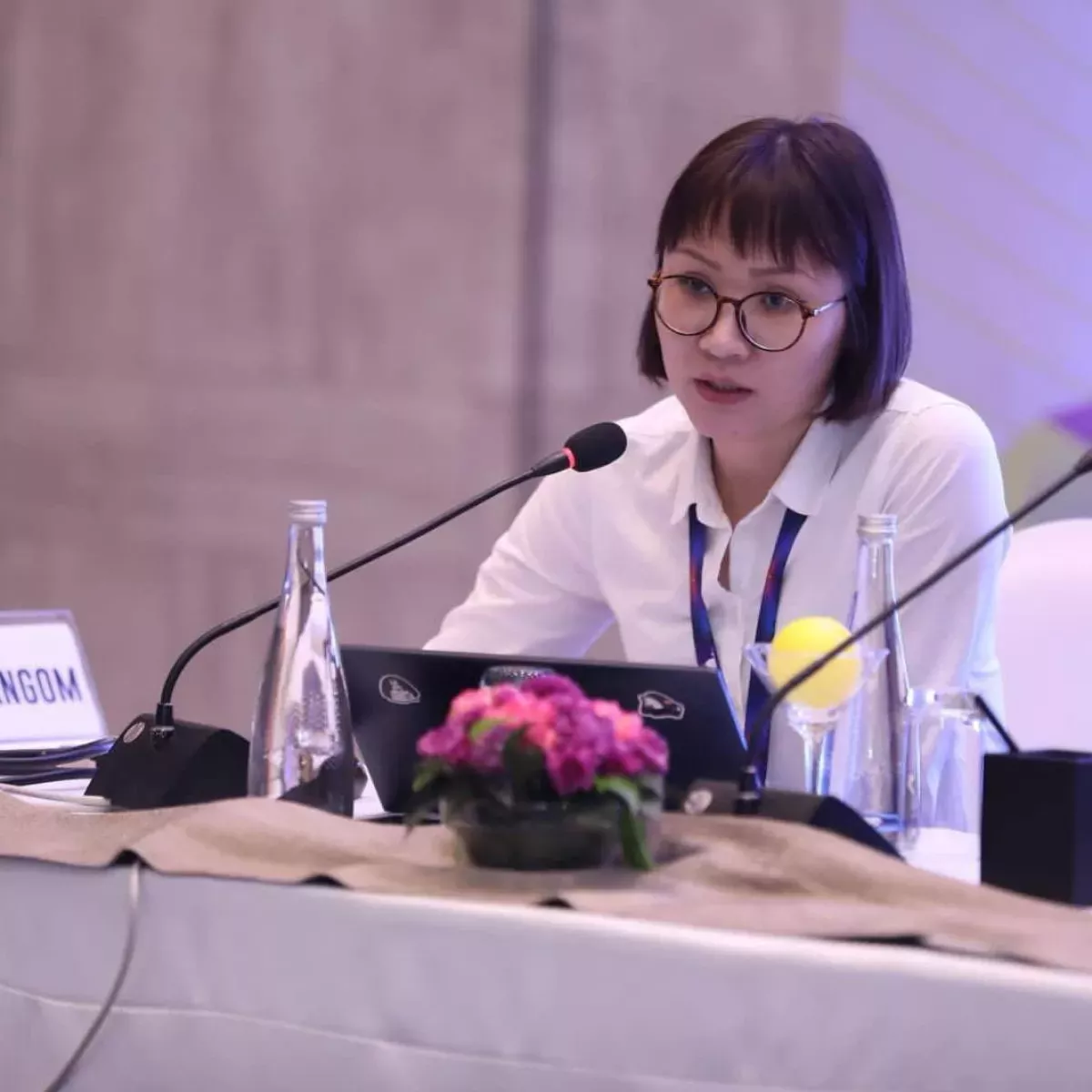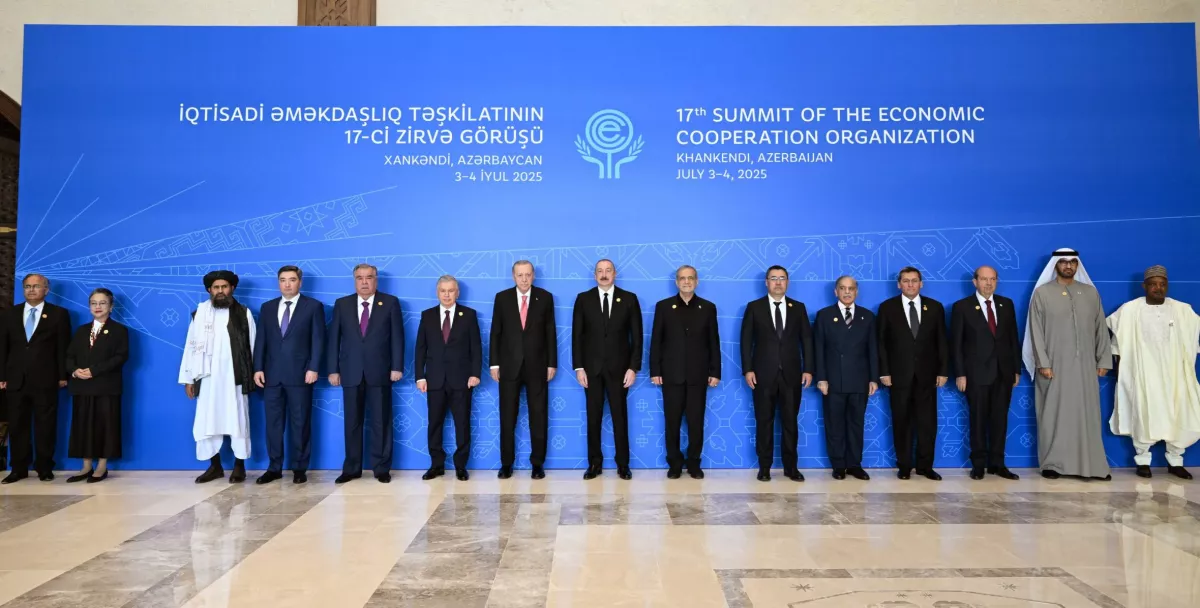"Azerbaijan’s importance will only continue to grow" Experts discuss the significance of ECO Summit
Today, against the backdrop of global geopolitical tensions and ongoing military conflicts in several regions, dialogue between states is more crucial than ever. In these challenging times, Azerbaijan has once again taken on a unifying role by hosting the 17th Summit of the Economic Cooperation Organization (ECO).
The forum, held in the city of Khankendi and attended by leaders and high-ranking officials from several Islamic countries, became a significant event for the Eurasian region. It demonstrated that with political will, establishing constructive dialogue is entirely possible.
How is the constructive role of the 17th ECO Summit viewed abroad? Turkish and Kazakh political analysts shared their thoughts on the matter with Caliber.Az.

Professor of Ankara University and political analyst Togrul Ismayil emphasised that the ECO Summit held in Khankendi was a highly symbolic event. He also recalled the organisation’s origins and the initial role played by regional states.
“The organisation was established in 1985 by Türkiye, Iran, and Pakistan. Following the collapse of the Soviet Union, Azerbaijan, Kazakhstan, Uzbekistan, Turkmenistan, Kyrgyzstan, Tajikistan, and Afghanistan joined its ranks. In other words, it has long since outgrown the framework of a regional club and now encompasses a strategically important part of Eurasia.
The organisation’s original goals were quite pragmatic: to promote trade among member states, develop transport and logistics infrastructure, and foster energy cooperation.
But today, it has expanded beyond purely economic matters. We are now talking about increasing the region’s role in global geopolitics. More than 500 million people live within the ECO area, and the combined GDP of its member countries exceeds $2.5 trillion,” the political analyst noted.
In his view, Azerbaijan’s active participation in regional economic initiatives, along with its openness and leadership on the international stage, is transforming the country into a key player—not only within the ECO space, but also in the broader Eurasian architecture.
“Since the early 2000s, Azerbaijan has been actively promoting infrastructure projects in the region, many of which have already been implemented, such as the Baku–Tbilisi–Kars railway. In turn, the Southern Gas Corridor is another strategic project in which Azerbaijan plays a fundamental role. This is extremely important, including for the energy security of European Union countries,” the expert added.
He also noted that the ECO’s geography makes the organisation highly significant within the global trade and energy system.
“All the countries within this structure are situated between Europe and China—a country that, in recent years, has been placing increasing importance on Central Asia. This enhances the role of ECO as a platform for strategic dialogue and trade. But it’s crucial that member states show readiness for joint and coordinated action. In this regard, Azerbaijan serves as a model, pursuing a multi-vector foreign policy that combines flexibility with initiative.
Baku knows how to negotiate, how to take initiative, and do so with consistency. The country is investing substantial resources into the development of transport infrastructure, energy, and logistics. All of this is a contribution to the common cause, and the 17th summit was made possible thanks to political changes and the stabilisation of the regional environment. Holding the forum in liberated Khankendi is a very powerful message. Azerbaijan is demonstrating that following the end of the 44-day war, it not only restored its territorial integrity, but also succeeded in creating the conditions for peaceful development and cooperation there,” the expert noted.
The political analyst emphasised that thanks to Azerbaijan, the region is becoming a bridge between East and West: “It is no coincidence that major initiatives—particularly the Belt and Road—run through our territory. These are not just transit routes; they represent a geopolitical platform.”

Professor Togrul Ismayil also touched upon the participation of Iran’s president in the summit, noting that Masoud Pezeshkian’s presence effectively dispelled all the false narratives previously spread by certain parties about Azerbaijan allegedly allowing its territory to be used against the Islamic Republic of Iran. He further pointed out that the participation of Afghan representatives was another signal that ECO is truly evolving into a comprehensive and inclusive organisation.
“Today, we see that the Muslim world and Islamic countries support Azerbaijan and its position on many issues. This is shaping a new reality. I am confident that in the coming years, the importance of our region—especially Azerbaijan—will only continue to grow,” the expert concluded.

According to Kazakh political analyst Albina Muratbekova, PhD in Oriental Studies from Al-Farabi Kazakh National University and a research fellow at the Eurasian Research Institute, Azerbaijan has, over recent decades, emerged as a flagship of foreign policy in the South Caucasus. By pursuing an active diplomatic course, Baku has demonstrated its intent to play a leading role in both regional and global initiatives—an ambition reaffirmed by the recent ECO Summit.
“In terms of maintaining peace and stability, the summit undoubtedly created conditions for sustainable cooperation among countries from several regions. The ECO format is a unique platform for dialogue, as it brings together Iran, Pakistan, Afghanistan, and Türkiye with the nations of Central Asia and the South Caucasus. Given today’s global turbulence—particularly the recent escalation in the Middle East—the summit provided an opportunity for high-level negotiations, allowing heads of state to ‘synchronise their watches,’ so to speak, in developing future, and possibly joint, geostrategic decisions.

By organising dialogue platforms of this calibre, Baku contributes to strengthening trust and partnership among member states, which in turn helps reduce tensions and uncertainty—not only in bilateral relations but also in multilateral cooperation formats,” the political analyst noted.
In her view, Azerbaijan—with its strategic geographic location and balanced, multi-vector foreign policy—is a regional pole of stability for ECO member states. As such, the image of the Azerbaijani state plays a vital role in building trust and initiating open dialogue among the organisation’s members.
“The authority of President Ilham Aliyev and Azerbaijan’s proactive diplomacy made it possible for key leaders to gather at the same table and engage in constructive dialogue. This is especially significant given that the summit provided the first opportunity for such a meeting following the latest developments in the Middle East.
We can hope that the discussions held within the summit framework will lay the groundwork for expanding cooperation and contribute to the development of practical solutions—thus helping to reduce turbulence, at least at the regional level. Such meetings are also important for Middle Eastern countries, as they promote dialogue through the discussion of neutral issues and strengthen trust via collaboration with third-party states,” Muratbekova concluded.








